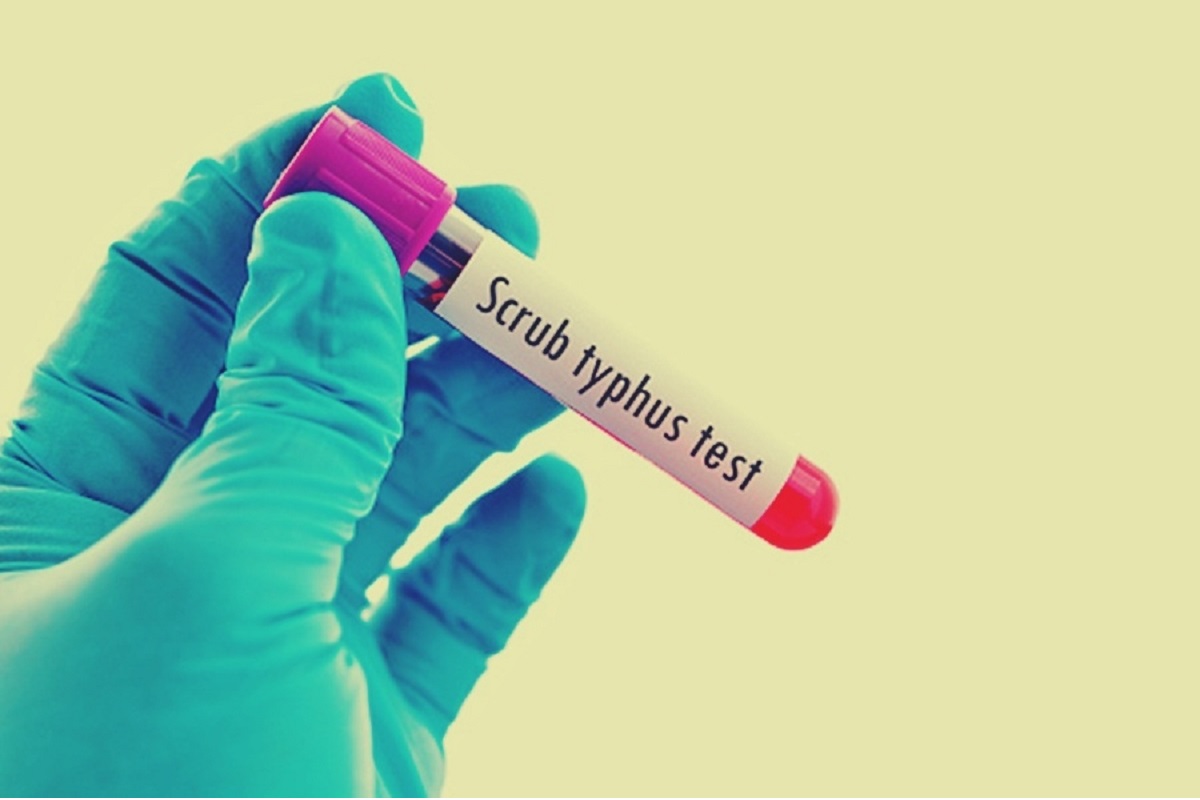As many as 732 persons tested positive for scrub typhus while five deaths due to disease have been reported in Himachal Pradesh so far this year.
The Health Department has braced up tackle scrub typhus a rickettsial disease effectively.
Advertisement
National Health Mission, Mission Director Sudesh Mokta informed that till now 5218 tests have been conducted in the state, out of which 723 people were found positive and 5 people died due to the disease.
“Keeping in mind the current situation, all the Chief Medical Officers and Senior Medical Superintendents of the state have been asked to ensure proper storage of medicines,” he said, adding that it has also been asked to conduct comprehensive information, education and communication activities along with appropriate management for prevention and treatment of scrub typhus.
A spokesperson of the Health Department said that scrub typhus is a seasonal zoonotic (animal borne disease), generally the number of patients with high fever increases during the rainy season.
Most cases of which occur during the rainy season, which coincides with hay cutting and apple season.
“This disease is spread by the bite of a flea (mite) infected with a special bacteria (Rickettsia). This bacteria enters the body through the skin and causes scrub typhus fever. If a person is suffering from fever along with pain and shivering in the joints or there are cramps, stiffness in the body or the body feels as if it is broken and also has lumps in the neck, under the arms and above the hips due to excessive infection, then immediately the person needs to consult the nearest doctor,” said the spokesperson.
The spokesperson urged the general public to cover their entire body, especially their legs, feet and arms while working in the fields and bushes.
“The public should exercise caution and ensure special care of body cleanliness, keep the house and surrounding environment clean, and not allow grass and weeds to grow around the house. Spray insecticides in and around the house and also take care of the cleanliness of pets regularly,” cautioned the spokesperson.
The disease does not spread from one person to another and is curable, said the spokesperson.











